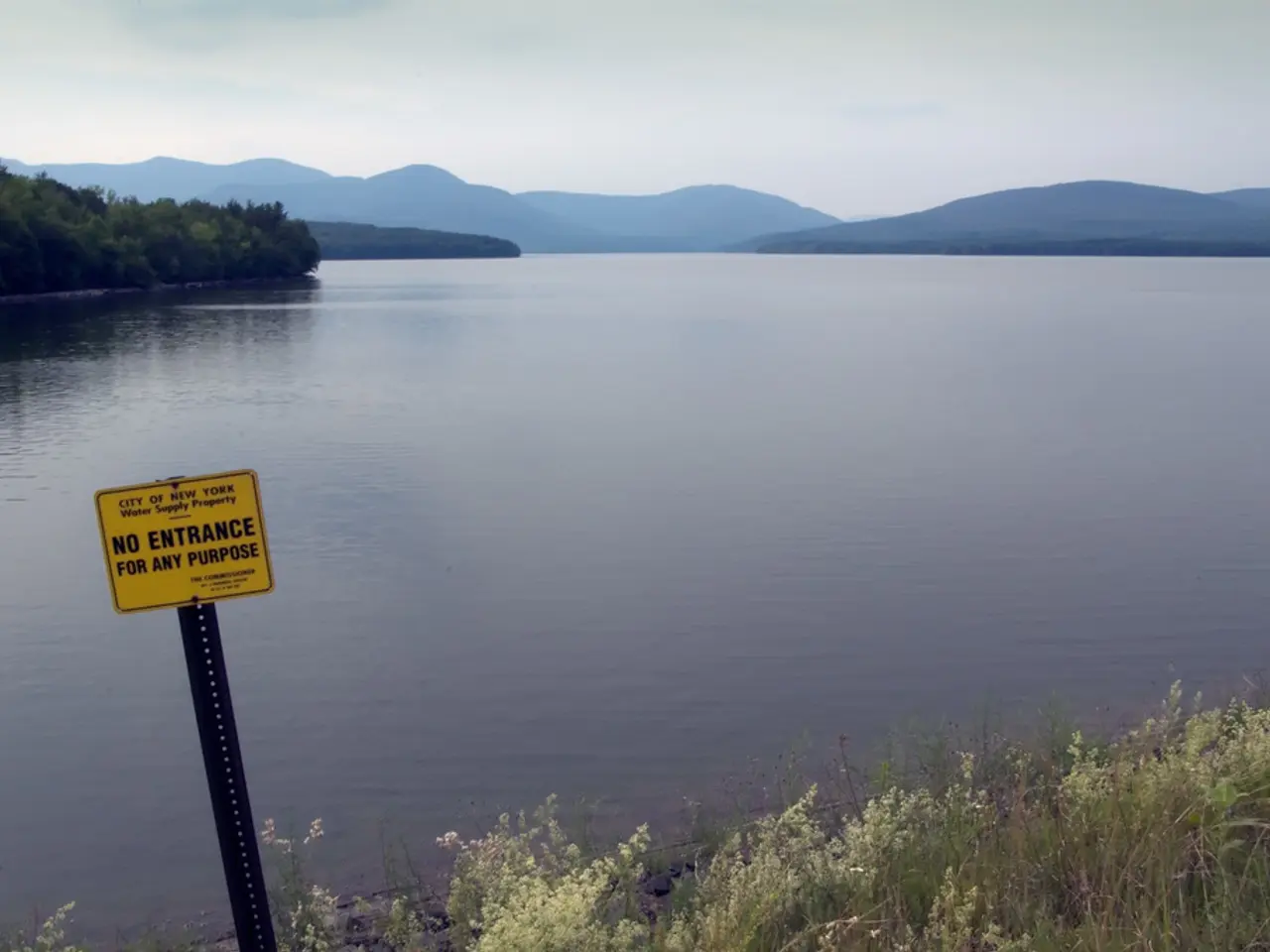Islands raise alarm over climate crisis before supreme judiciary
Global Climate Crisis: International Court of Justice Prepares to Deliver Opinion
The international community is gearing up for a significant legal milestone in the fight against climate change. The International Court of Justice (ICJ) is set to deliver an opinion on the obligations of states to protect the climate system and the legal consequences under international law of causing significant harm to the climate system.
According to the 2023 Global Climate Litigation Report, there has been a sharp rise in climate-related cases. Filings worldwide grew from 884 in 2017 to 2,180 in 2022, across 65 jurisdictions. This surge in climate litigation underscores the urgency of seeking legal clarification on states' responsibilities in addressing the global climate emergency.
The ICJ case, initiated by the island state of Vanuatu, involves 107 states and international organizations. The goal is to ensure liveable conditions for present and future generations, and prevent further cataclysms, according to the article.
The ICJ opinion could help clarify which instruments apply to inform states' obligations in relation to climate change. It could also guide legal and political bodies in negotiations, public policies, and subsequent court decisions, ensuring that states' actions comply with international law.
In May 2024, the International Tribunal for the Law of the Sea (ITLOS) issued a resounding advisory opinion. The ITLOS concluded that greenhouse gas emissions are pollution of the marine environment under the UN Convention on the Law of the Sea. The tribunal also made clear that the minimum threshold of emission-mitigation measures necessary under the UN Convention on the Law of the Sea must be determined objectively using the best available science, precaution in the absence of scientific certainty, and climate-related treaties and instruments.
The ITLOS opinion is particularly relevant to the ICJ case on several substantive points of law. The ICJ opinion could help harmonize international law and further clarify states' responsibilities in addressing the global climate emergency.
Moreover, the Paris Agreement does not limit, modify, or take precedence over all previous international law instruments regulating marine pollution from anthropogenic emissions, according to the ITLOS conclusion. This means that states must evolve their measures to comply with existing obligations under international law, becoming more ambitious over time as the climate changes and scientific knowledge advances.
The ICJ proceedings are expected for 2025. This is the first time a climate case has been brought before the ICJ since governments acquired, over half a century ago, scientific proof that burning fossil fuel increases atmospheric CO2 concentration and temperatures, which will ultimately jeopardize the ability to sustain human life on the planet.
The ICJ opinion could serve as a crucial legal precedent, clarifying existing rules and enabling states to read and apply them consistently. Organisations such as COSIS and island states hope that this will provide a clear legal path forward in the global fight against climate change.
Read also:
- Russia, according to Zelensky, lacks the prowess for launching another significant offensive.
- Russia's Latest Peace Proposals for Donbas: New Diplomatic Landscape Emerges amid Alaska Summit, Potentially Opening Ceasefire Opportunities
- Amidst India's escalating climate crisis, transgender individuals continue to persevere
- Contentious Discussion Surrounding the Movie Release of "Planet of the Humans"








